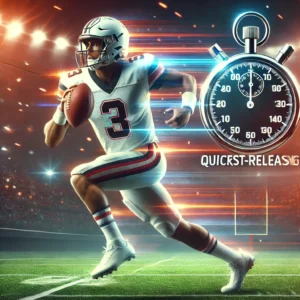
When you make purchases through our links we may earn a small commission.

Photo Credit: Darren Lawrence
How Universal Basic Income Could Be the Key to Reducing Poverty and Crime in America
Universal basic income (UBI) and cashless bail are two potential solutions to the problems of poverty and mass incarceration in America. While both proposals seek to address these issues, UBI offers a more comprehensive solution than cashless bail, as it addresses the root causes of poverty and crime, rather than simply providing a temporary fix for those who are incarcerated.
Cashless bail has gained popularity in recent years as a way to reduce the number of people who are held in jail simply because they cannot afford to pay bail. Under cashless bail, defendants are released from jail before trial without having to pay a cash bond. Instead, they may be required to pay a percentage of their bail amount or to stay in contact with a pretrial services agency. This approach has been shown to reduce the number of people held in jail, but it does not address the underlying causes of poverty and crime.
UBI, on the other hand, is a more comprehensive solution to poverty and crime. Under a UBI system, every citizen would receive a guaranteed income, regardless of their employment status. This income could be used to cover basic necessities like food, housing, and healthcare. By ensuring that everyone has access to a basic level of income, UBI would reduce poverty and help to prevent people from turning to crime as a means of survival.
Moreover, UBI would provide an additional benefit for those who are incarcerated. Under the current system, people who are imprisoned often lose their jobs and income, which can make it difficult for them to re-enter society once they are released. This can create a cycle of poverty and crime that is difficult to break. With UBI, however, individuals who are imprisoned would continue to receive their income, ensuring that they have the financial resources they need to rebuild their lives once they are released.
Additionally, UBI would also reduce the burden on the criminal justice system. By addressing the root causes of poverty and crime, UBI would reduce the number of people who are incarcerated in the first place. This would reduce the strain on the criminal justice system and free up resources that could be used to address other issues, such as mental health and addiction.
In conclusion, while cashless bail may provide a temporary fix to the problem of mass incarceration, UBI offers a more comprehensive solution. By addressing the root causes of poverty and crime, UBI would reduce the number of people who are incarcerated in the first place, and ensure that those who are imprisoned have the resources they need to rebuild their lives once they are released. As such, UBI represents a better solution to the problems of poverty and mass incarceration in America.











